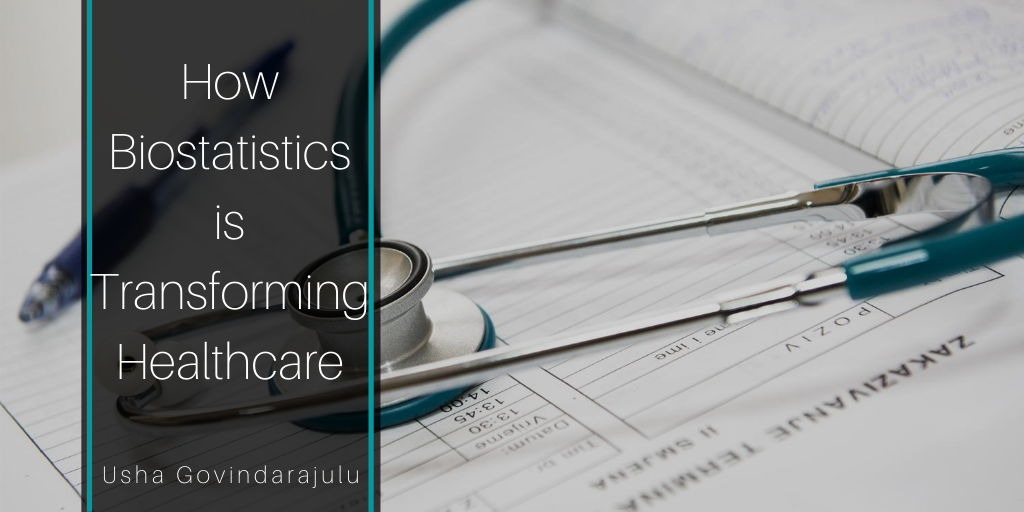As the healthcare industry continues to grow, larger amounts of data are generated every day. All of this data has to be processed, analyzed, and then interpreted by professionals to gain insight. Biostatistics plays a major role in this process as these statistics help test hypotheses and analyses in the medical field. Experts are well-trained in using programs and tools that focus on statistical data. From helping with the design of clinical trials to measuring the efficacy of drugs, biostatistics has created a way for there to be evidence-based healthcare. Here are some ways that biostatistics is transforming healthcare at this very moment.
Public Health
Biostatistics experts use their skills to retrieve the impact of public health programs that have been undertaken by nonprofits, hospitals, and local governments. Studies and techniques are created to help researchers understand the performance of their past initiatives and whether or not they should be altered in some way.
Genome Sequencing
When scientists are attempting to understand complex traits, they must gather this information from large amounts of data. Genome sequencing consists of the tools that provide this amount of data at a fast pace. Typically, this data provides insight into variants that may cause disease. Biostatistics experts play a role in studying the variant frequencies in large populations. They focus on specific factors such as ethnicity and blood type.
Estimated Survival Rates
Survival statistics are important to have when estimating how long a patient with severe illness will live. These statistics also help medical professionals decide how to treat the patient accordingly. Biostatistics experts play a key role in providing numbers from previously examined studies. Their data is vital for not only doctors but patients as well. For example, experts can share insight and information with a cancer patient on what the best treatment may be and the chances of survival after they have finished remission. Biostatistics can determine the estimated severity of a disease like no other statistics.
Biostatistics can provide strong data to all aspects of healthcare. From helping pharmaceutical companies improve their services to governments improving public health programs, these evaluations are very important. Biostatistics allow healthcare professionals to have access to data to help them make informed decisions that lead to successful delivery.
